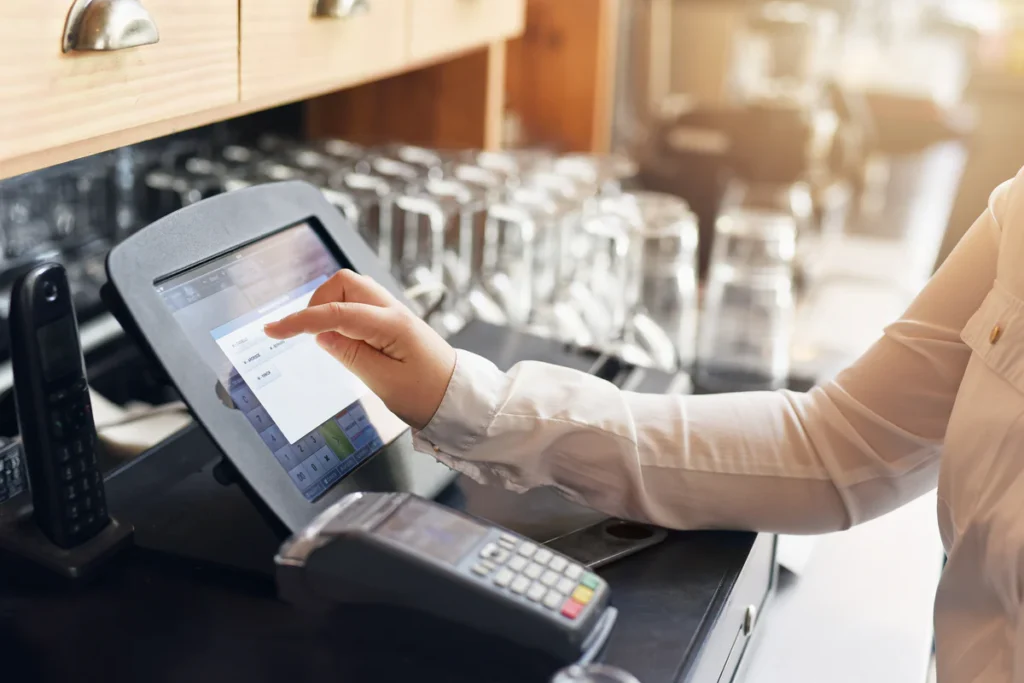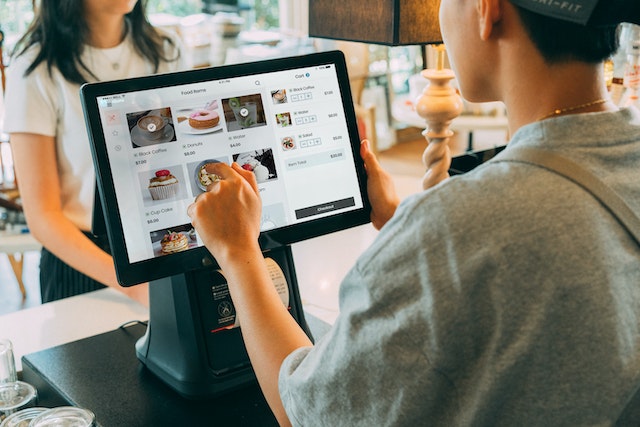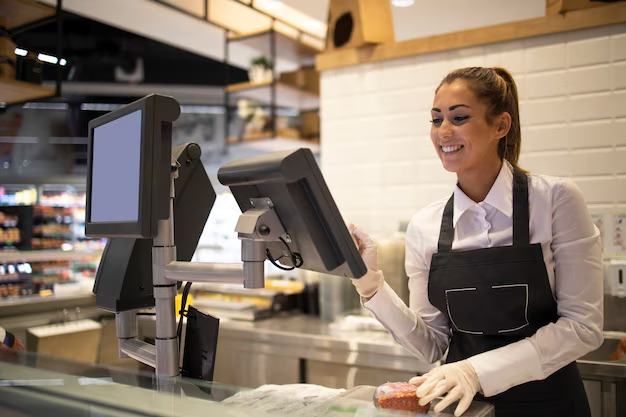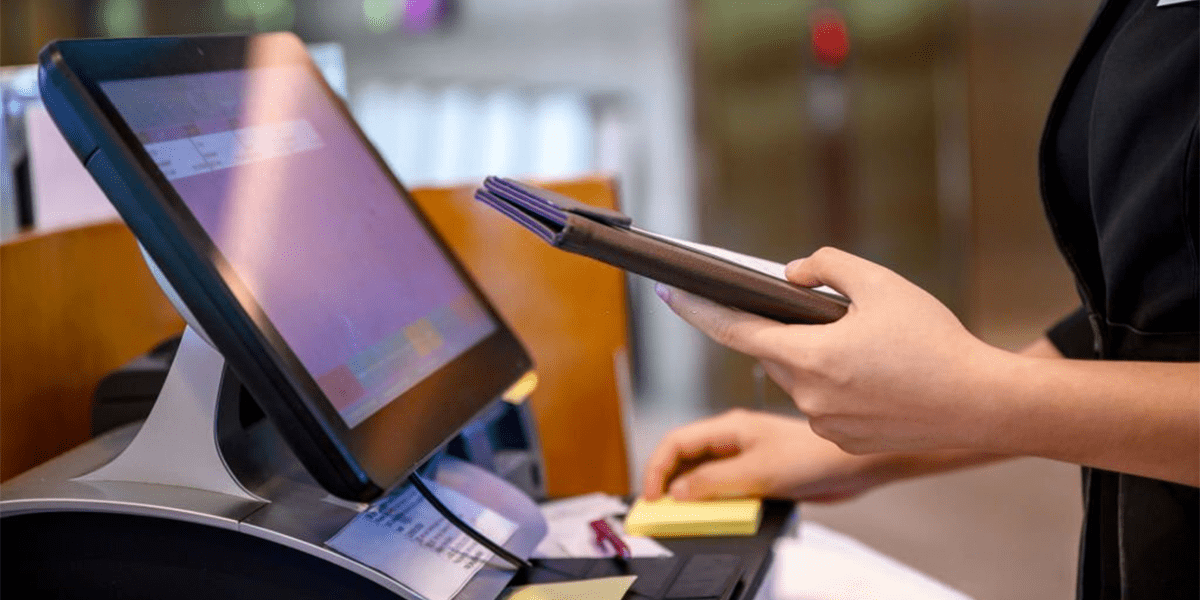The Role of POS Technology in Driving Business Profits

In today’s fast-paced business world, efficiency and accuracy are the keys to staying competitive. Whether it’s a restaurant serving hundreds of meals daily or a retail mart managing thousands of products, the need for smart management tools has never been greater. This is where Point of Sale (POS) technology plays a transformative role. Far beyond a simple cash register, modern POS systems are advanced business tools that streamline operations, reduce costs, and directly contribute to higher profits.
Streamlining Operations for Efficiency
One of the biggest advantages of a POS system is its ability to simplify day-to-day tasks. Traditional methods of handling sales, inventory, and reporting often involve manual work, which can be time-consuming and error-prone. A POS system automates these processes, ensuring quicker transactions and smoother operations.
For restaurants, POS systems enable waitstaff to take orders digitally, which are instantly relayed to the kitchen. This reduces miscommunication, speeds up service, and improves customer satisfaction. In marts, barcode scanning and automated billing help reduce checkout times, leading to faster customer turnover and more sales per day. Efficiency at every step directly contributes to revenue growth.
Better Inventory Management
Inventory is the backbone of both restaurants and marts. Overstocking leads to wastage, while understocking results in missed sales opportunities. POS systems solve this problem by providing real-time inventory tracking.
A restaurant can monitor ingredient usage and get alerts when stock runs low, preventing shortages during peak hours. Similarly, a mart can track which items sell the fastest and restock accordingly. This balance ensures that businesses meet customer demand without unnecessary losses, ultimately boosting profitability.
Data-Driven Decision Making
POS technology is not just about transactions—it’s about insights. Modern POS systems generate detailed reports on sales trends, customer preferences, and employee performance. These analytics provide business owners with the tools they need to make informed decisions.
For example, a restaurant may identify its most popular dishes and promote them further, while phasing out items that do not sell well. A mart, on the other hand, can analyze peak shopping hours and optimize staff schedules to handle the rush. By leveraging data, businesses can fine-tune their operations, reduce waste, and increase revenue.
Enhancing Customer Experience
Customer satisfaction has a direct impact on profits. A smooth and pleasant experience encourages repeat visits and builds loyalty. POS systems play a crucial role in enhancing this experience.
For restaurants, features like split billing, table management, and digital receipts create a seamless dining journey. For retail stores, faster checkouts, loyalty programs, and personalized promotions encourage shoppers to return. When customers feel valued and cared for, they are more likely to spend more and recommend the business to others.
Reducing Errors and Costs
Human errors can be costly in any business. Incorrect billing, inventory mismanagement, or order mistakes can lead to significant financial losses. POS systems minimize these risks through automation and accuracy. Orders are recorded digitally, payments are processed securely, and inventory is updated in real time.
By cutting down on mistakes, businesses save money that would otherwise be lost to refunds, wasted stock, or unhappy customers. Lower costs combined with higher accuracy naturally translate into improved profits.
Supporting Business Growth
A major advantage of POS technology is its scalability. Whether you’re running a small café or a large supermarket chain, POS systems can adapt to your business size and growth. As businesses expand, POS systems can integrate with other tools like online ordering platforms, delivery apps, or accounting software. This flexibility ensures that the system grows alongside the business, continuously driving profitability.
Final Thoughts
POS technology has evolved from being a simple sales tool to becoming the backbone of modern business operations. By streamlining processes, managing inventory, providing data insights, enhancing customer experience, and reducing costly errors, POS systems directly contribute to driving profits.
In a world where margins are tight and competition is fierce, adopting POS technology is no longer just an option—it’s a necessity. For restaurants and marts alike, investing in a modern POS system means investing in efficiency, growth, and long-term profitability.






